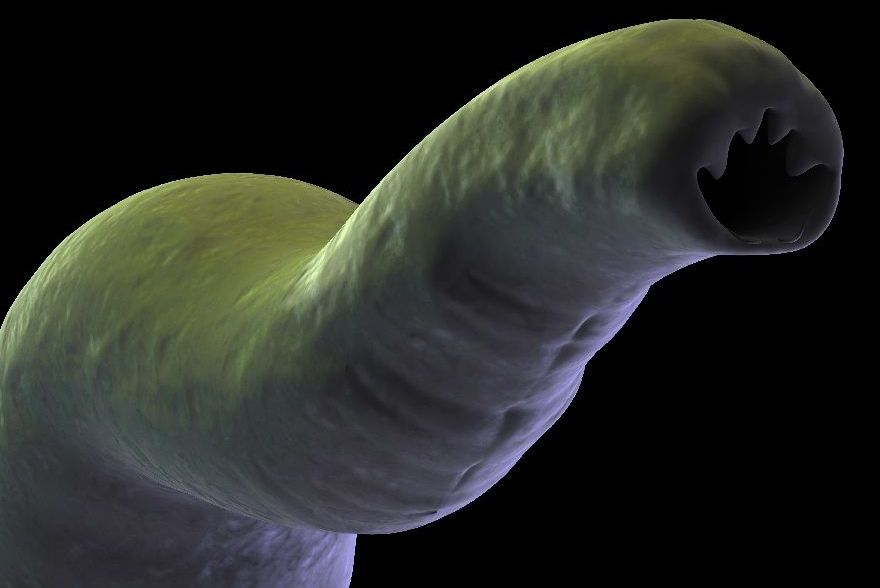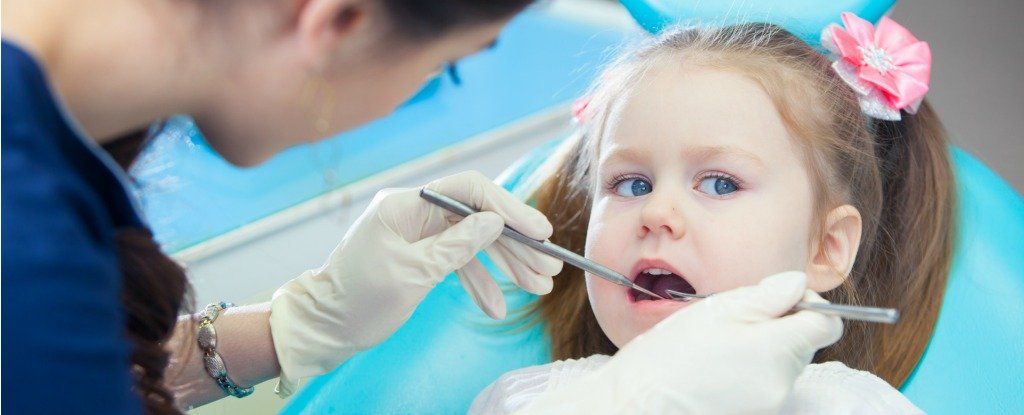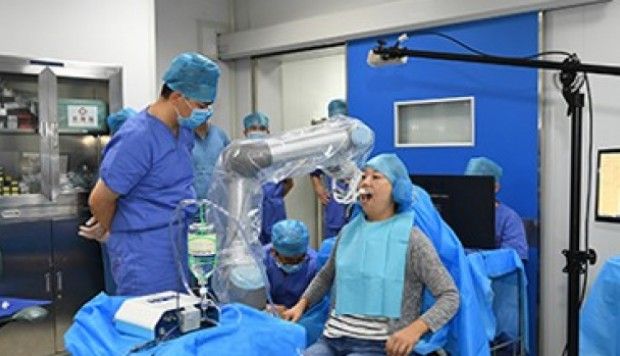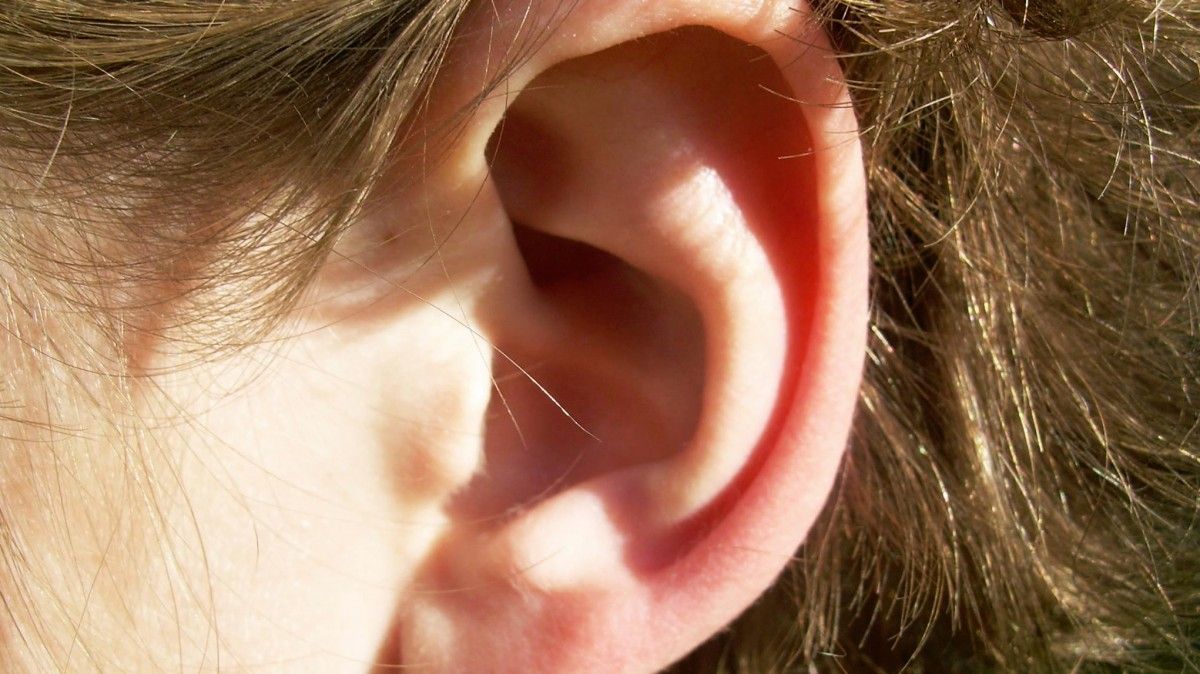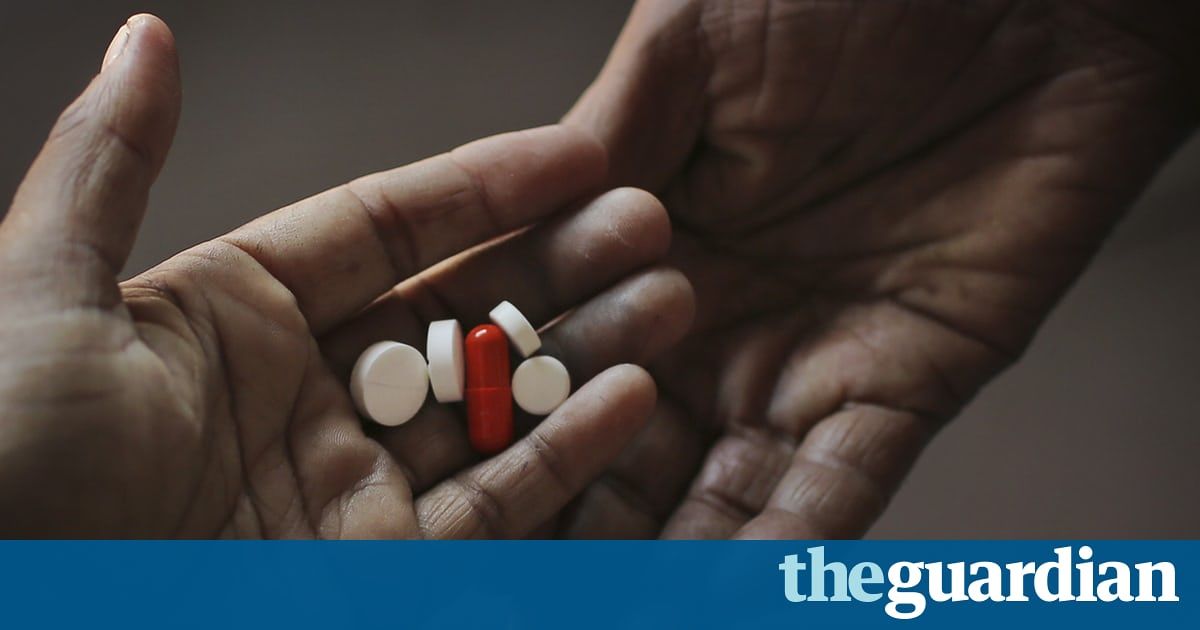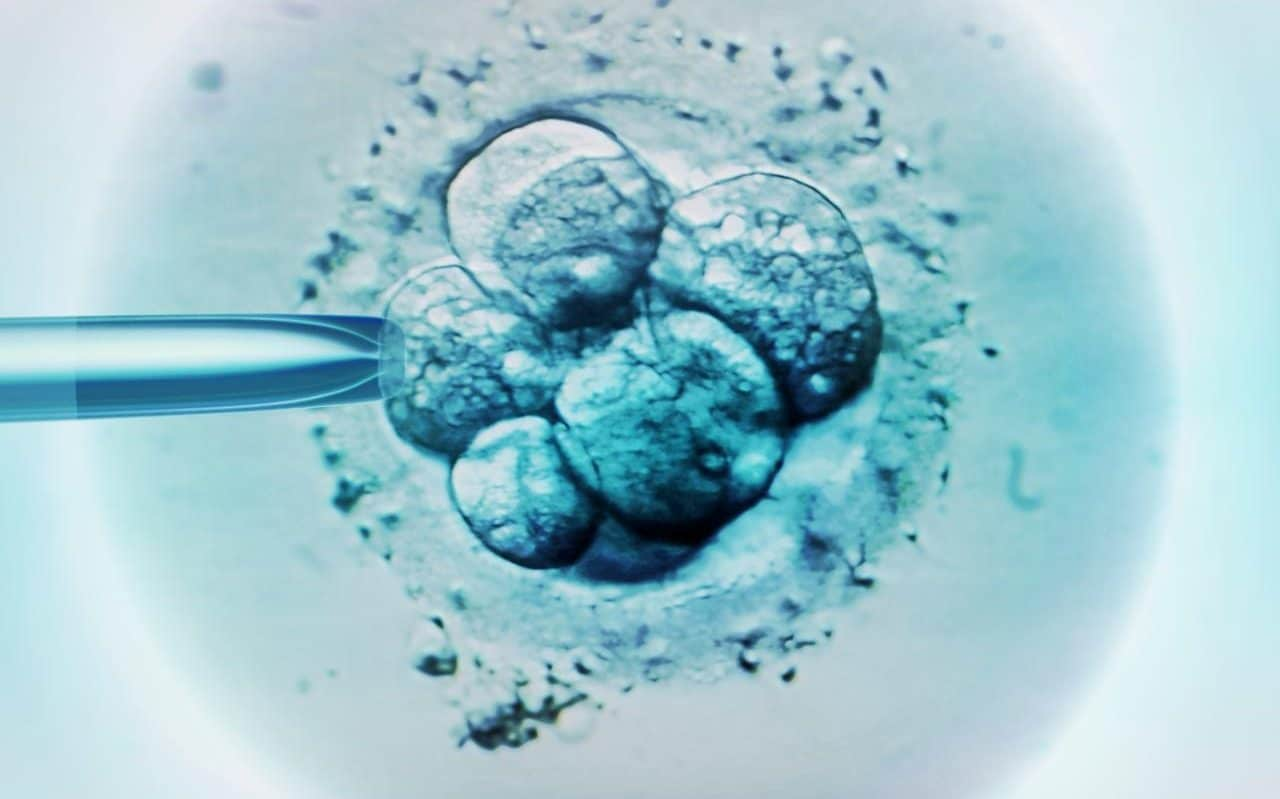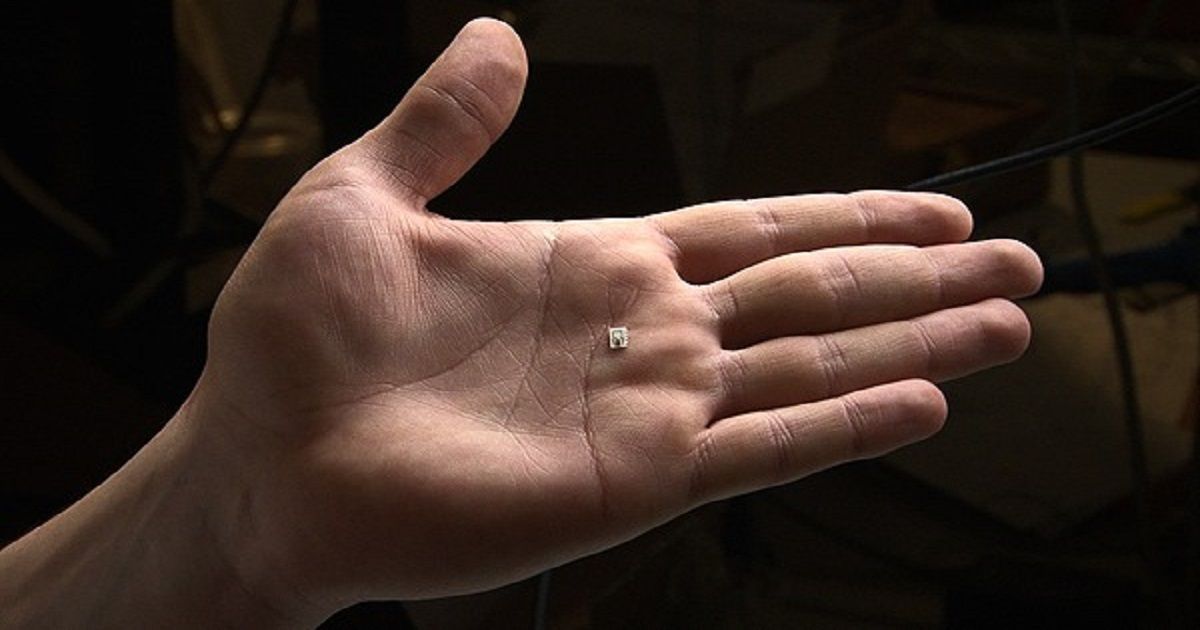Sep 23, 2017
Why Are These People Eating Worms to Be Healthy? (part I)
Posted by Brady Hartman in categories: biotech/medical, food
Summary: The Hygiene Hypothesis persuades people to consume parasitic worms as a way to treat chronic autoimmune disorders. As well, people eat tapeworms as a way to lose weight. Learn more about two closely related scientific beliefs called the “Hygiene Hypothesis” and the “Old Freinds Hypothesis.” Part 1 of a 2-part series. Cover photo: 3drenderings / Getty Images.
It’s difficult to believe, but thousands of people eat worms as a way to lose weight or cure diseases.
People don’t just eat worms on TV shows, like the Fear Factor. Some extreme dieters consume tapeworms as a way to lose weight. Another group of people ingests parasitic worms known as helminths to ward-off the debilitating symptoms of autoimmune diseases.
Continue reading “Why Are These People Eating Worms to Be Healthy? (part I)” »

